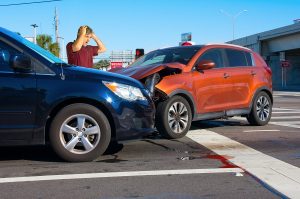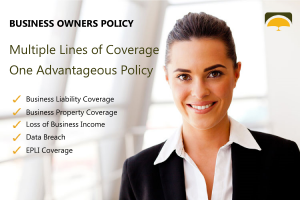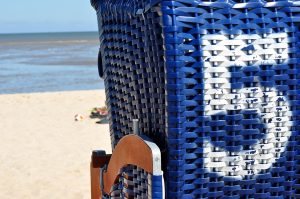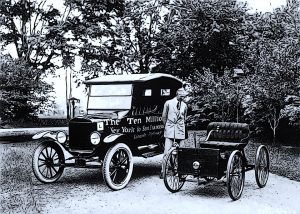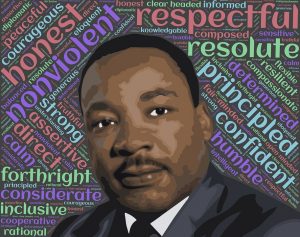There are many reasons why a business needs to carry insurance coverage. In its most simple form, insurance protects a business from financial loss due to an unfortunate emergency, accident, or unforeseen event. Now there are many different types of insurance a business may need. Some businesses may need multiple types of coverage, some businesses may be able to get by with a bare bones package of coverages. Partnering with an independent insurance agent is one of the best ways to determine what types of coverage you need and what types of limits are best for your business.

Insurance is Required for a Loan
Banks require a business to carry insurance in order to qualify for a loan. If you think about it lenders want proof of insurance before you buy or build a new facility in order to safe guard all assets. To get access to cash for your business you will need to have certain types of insurance coverage. Without insurance, a business will be forced to fund its own expansion with cash on hand.
Some Forms of Insurance are Required by Law
In most states, Workers Compensation and General Liability Insurance is required by law for most business in most states. Each state has their own rules and regulations that offer some exclusions for some types of coverage. It is important to check with the proper state governing body within the state you operate in to make sure your business is properly insured.
Insurance Protects Against lawsuits
Today’s business environment is a very litigious society. If you stay in business long enough, more than likely your business will be sued in some form or fashion. When a business faces a lawsuit, even if your business wins the suit it can amount to an enormous sum in legal fees. Insurance coverage can reimburse your business for these costs.
Insurance Can Protect Your Employees
A business depends upon their employees to make the business work. Building a healthy workplace culture is crucial to success no matter what industry a business operates in. Insurance can add to the trust a business has with its employees.
Your business depends heavily on the knowledge of one person
If you operate a business that depends upon the talents of one or a few key employees, it is necessary to carry Keyman Insurance. Keyman Insurance is a policy designed to cover the life of a key employee for a monetary value so in the event of an untimely death of such key employee, the loss to the business will be recouped through monetary assistance.
Most Contracts Require Insurance
When it comes to contracts, insurance is required by both parties in order for the contract to be valid. Some examples of scenarios where insurance is required include:
- A business rents a facility instead of owning the building outright.
- A business borrows money to finance buildings or equipment.
- A business enters into a contract where the client specifies that insurance coverage in the event the deal does not go as planned.


